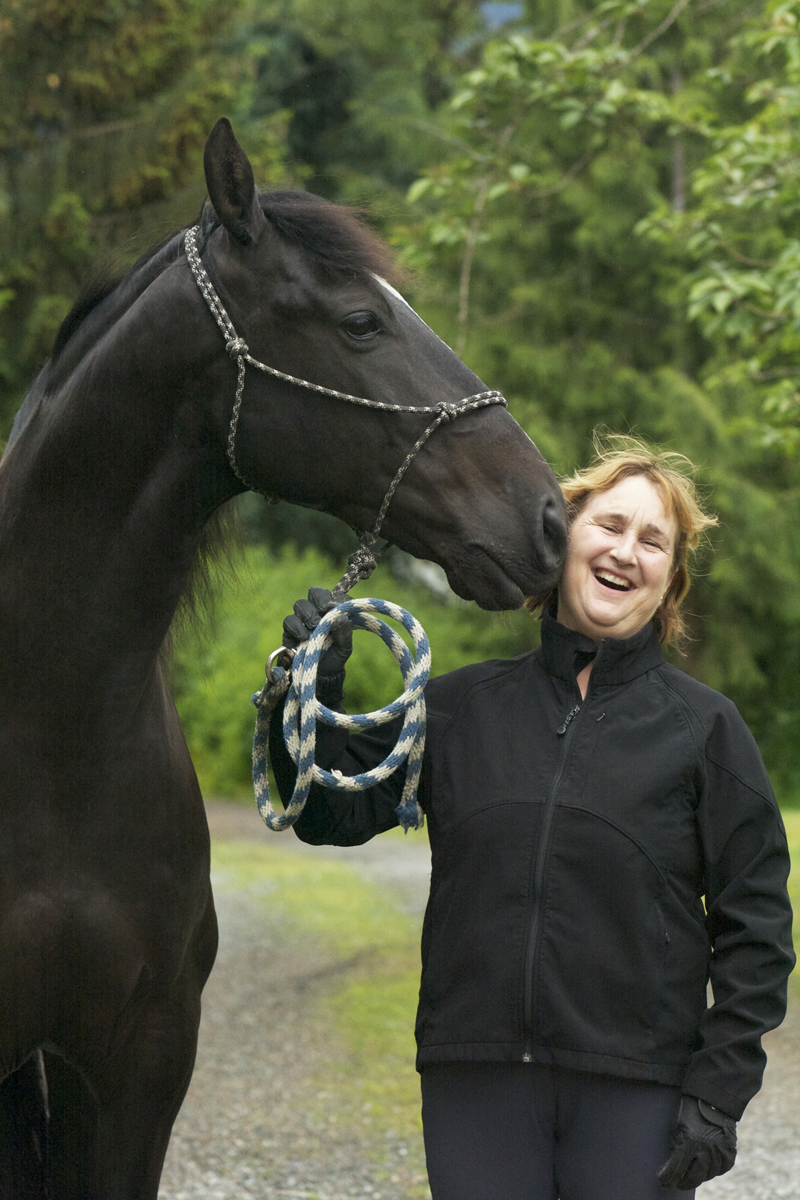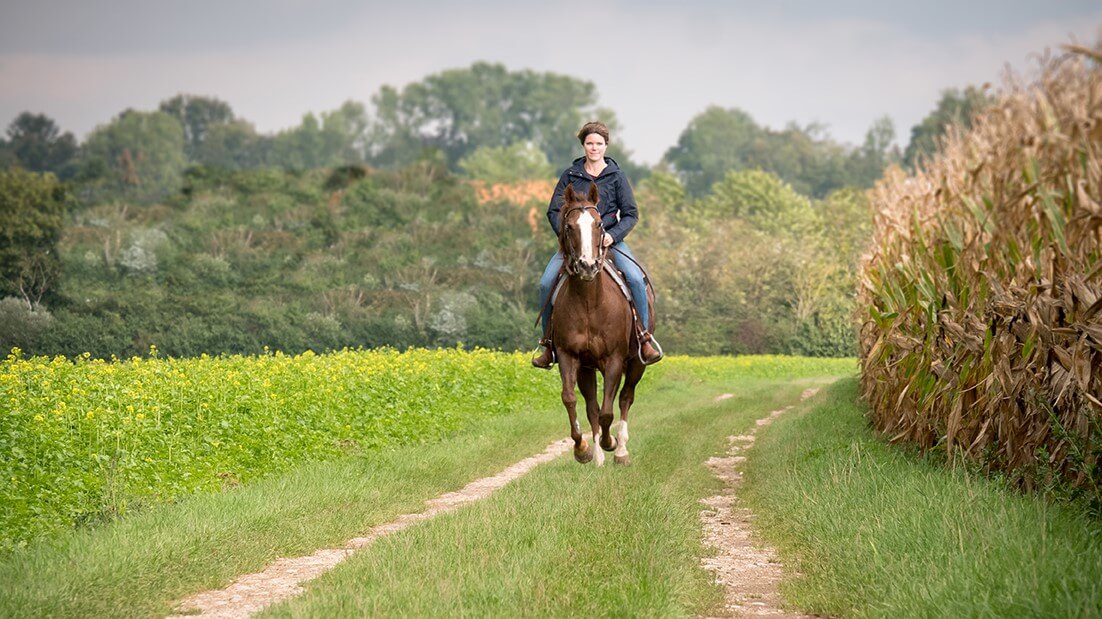Does the pandemic have you feeling stuck in your riding? Do you long for some one-on-one feedback on your training? Do you have a training issue you can’t resolve and don’t know where to turn for help?
If all the canceled clinics, lessons, shows, and fairs are getting you down, bored, or frustrated there is some consolation. Many equine professionals are turning to online training that is often free or much less expensive than in-person clinics and lessons. And, it can be quite effective and helpful. Some of these experts started their online training courses long before the pandemic hit, but now the practice can be found across the industry.
So, where do you start? Facebook is a good place. “Friend” your favorite clinicians and trainers and follow their pages. Some write small posts to inspire or instruct regularly. Denny Emerson of Tamarack Hill Farm is full of wise advice, funny anecdotes, and wonderful photo illustrations. Many trainers offer Facebook Live classes that are usually free. You can also view short how-to YouTube videos on specific topics that trainers post to their Facebook pages. Some of my favorites are Jonathan Field, Warwick Schiller, Steve Rother, Anna Blake, and Sofia Valenca (of Portugal) but there are many others from various disciplines offering up videos to inspire you—and they’re completely free!
If you want to go deeper, you can subscribe to online classes and receive personalized feedback on your questions or explore one particular subject. These subscriptions often do cost something but they’re usually much less expensive than hauling to and riding in a clinic. For example, Warwick Schiller’s online video program gives you access to thousands of videos and step-by-step advice on many training issues.
If you want personal attention, ask your favorite trainer if they’ll watch a video of you and offer feedback. Expect to pay for their time, but again, it’s unlikely they’ll charge as much as a full lesson. Any trainer with a Wi-Fi connection will be able to do this and it can be especially helpful. It will also help keep your trainer “fed and watered” during the pandemic. There are cameras that follow you automatically as you ride, or you can ask a family member or friend to run the camera for a few minutes. Keep the videos short and to the point.
Finally, read! Books and magazines offer up endless opportunities to learn and think. Read what trainers of different disciplines than yours have to say about a certain topic. Branch out and study details you’ve not considered before. Sometimes, downtime and the consequential slowdown can help you solve a training issue. In the end, you may find your partnership with your horse improves.
See This Article in the September 2020 Online Edition:

Kim Roe grew up riding on the family ranch and competed in Western rail classes, trail horse, reining, working cow, and hunter/jumper. She trained her first horse for money at 12 years old, starting a pony for a neighbor.
Kim has been a professional dressage instructor in Washington state for over 30 years, training hundreds of horses and students through the levels. In recent years Kim has become involved in Working Equitation and is a small ‘r’ Working Equitation judge with WE United.
Kim is the editor of the Northwest Horse Source Magazine, and also a writer, photographer, and poet. She owns and manages Blue Gate Farm in Deming, Washington where she continues to be passionate about helping horses and riders in many disciplines.

